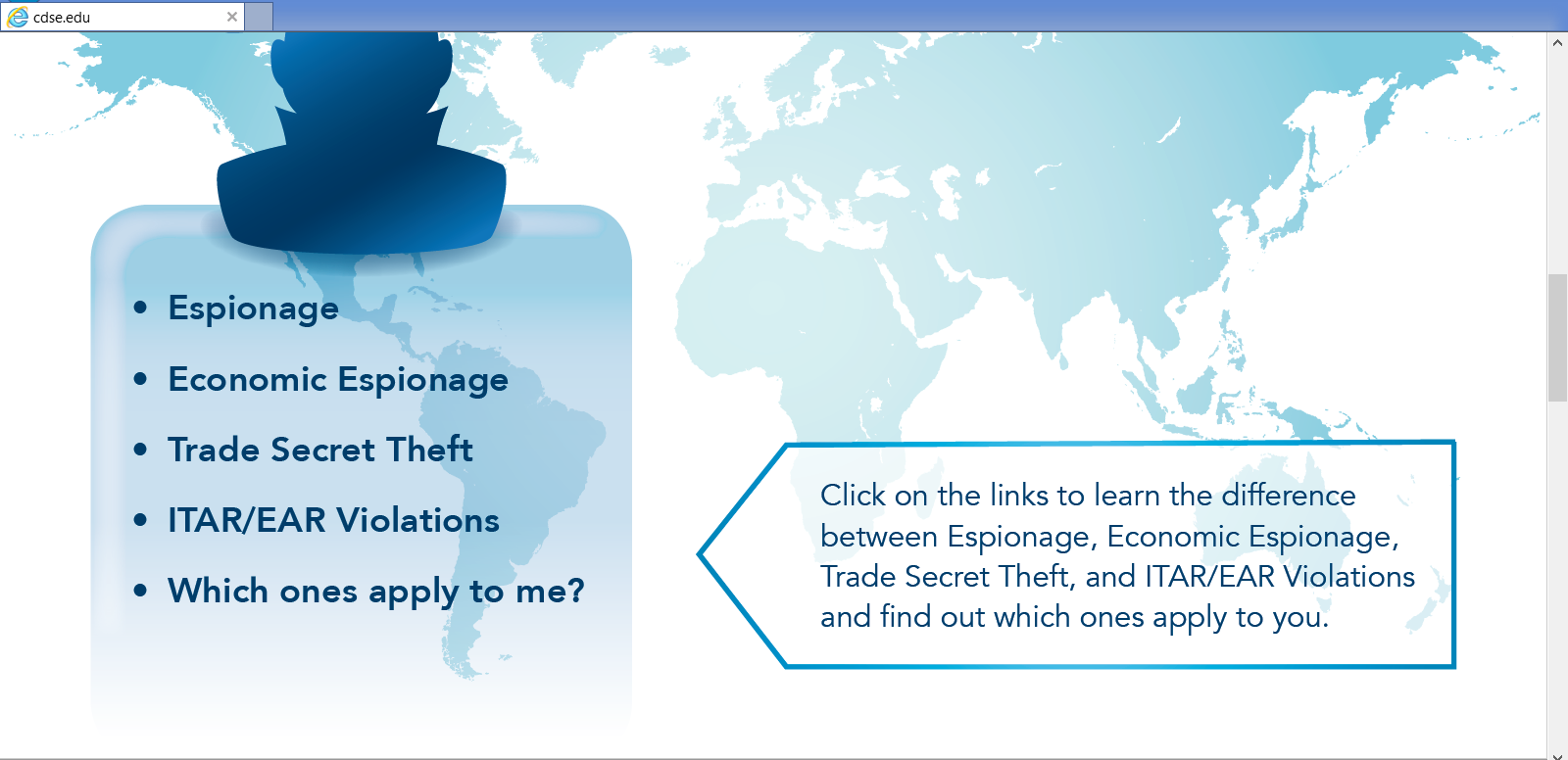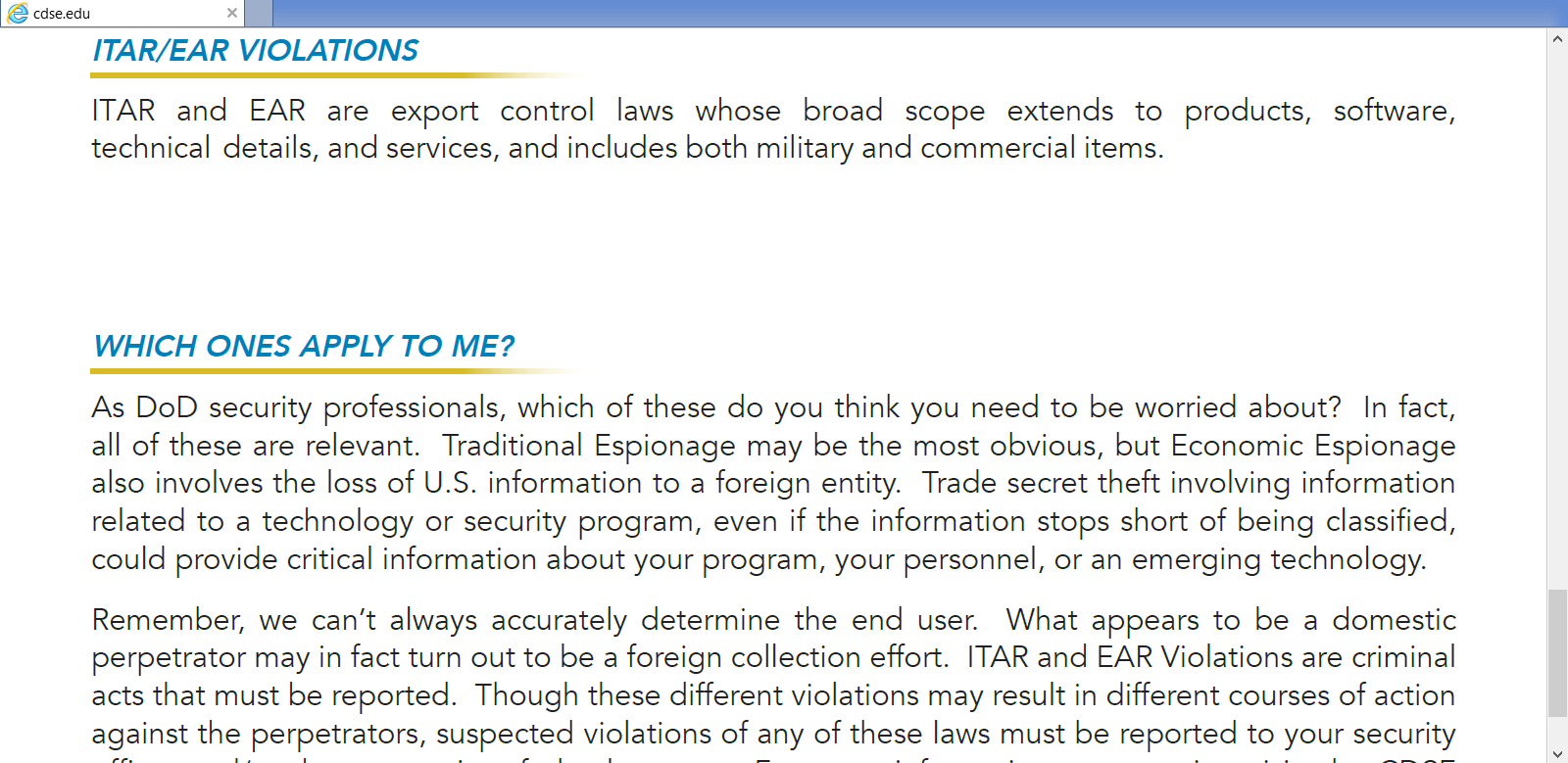![]()
What the heck Facebook? Perhaps it is just time to terminate relationships with Facebook. Zuckerberg thought in his early conception and launch of Facebook it was a global means to connect people together, you know expand friendships so we can all like each other worldwide.
Ahem, that is hardly where he and Sheryl Sandberg have has take the company in recent years.

Let’s begin here:
The aggressive push by Democrats and left-wing activists for social media companies to combat Russian bots and trolls may have backfired, exposing potential foreign efforts to whip up political passions on their side.
Facebook announced last week that it had yanked 32 pages from Facebook and Instagram because they were “involved in coordinated inauthentic behavior,” potentially tied to Russia.
Facebook said that “inauthentic” administrators of a page called “Resisters” were connected with those from other, legitimate pages who worked to drum up support for the protest. “The most followed Facebook Pages were ‘Aztlan Warriors,’ ‘Black Elevation,’ ‘Mindful Being,’ and ‘Resisters.’ The remaining Pages had between zero and 10 followers, and the Instagram accounts had zero followers,” Facebook said. Read more here.
So, beyond selling access to the Facebook databases and user profiles to companies such as Cambridge Analytica, something else is afoot and it too is far beyond the scope of social media.
Ready?
Facebook in talks with banks to add your financial information to Messenger
- Facebook is considering a Messenger feature that would incorporate a user’s bank information.
- The feature, first reported by the Wall Street Journal, applies only to Messenger and not the larger Facebook platform.
- It comes at a sensitive time for Facebook, as it continues to battle privacy concerns and adjust company policy regarding user data.
The feature, first reported by the Wall Street Journal, applies only to Messenger and not the larger Facebook platform. It comes at a sensitive time for Facebook, as it continues to battle privacy concerns and adjust company policy regarding user data.
Facebook’s stock was up about 2.5 percent Monday following the initial Wall Street Journal report.
“Like many online companies, we routinely talk to financial institutions about how we can improve people’s commerce experiences, like enabling better customer service. An essential part of these efforts is keeping people’s information safe and secure,” a Facebook spokesperson said in a statement to CNBC. “We don’t use purchase data from banks or credit card companies for ads.”
Incorporating a user’s financial information into Messenger would allow banks to offer customer service through the platform, as some credit card companies already do, Facebook said. The Wall Street Journal reported the feature could also offer fraud alerts and help users track their account balances.
Isn’t this getting a little creepy? Would Facebook sell banking data also to outside corporations without your knowledge, consent or compensation? Would your bank be part of this new feature and relationship also without your knowledge or consent?
As we are finding, Facebook is clearly in the business of censorship which often violates the First Amendment yet they claim their scrutiny and termination is in violation of terms of service where it has been proven more than once it is just selective censorship. Just ask Diamond and Silk.
Thanks to TechRepublic: In part –
What is the timeline of the Facebook data privacy scandal?
Facebook has more than a decade-long track record of incidents highlighting inadequate and insufficient measures to protect data privacy. While the severity of these individual cases varies, the sequence of repeated failures paints a larger picture of systemic problems.
In 2005, researchers at MIT created a script that downloaded publicly posted information of over 70,000 users from four schools. (Facebook only began to allow search engines to crawl profiles in September 2007.)
In 2007, activities that users engaged in on other websites was automatically added to Facebook user profiles as part of Beacon, one of Facebook’s first attempts to monetize user profiles. As an example, Beacon indicated on the Facebook News Feed the titles of videos that users rented from Blockbuster Video, which was a violation of the Video Privacy Protection Act. A class action suit was filed, for which Facebook paid $9.5 million to a fund for privacy and security as part of a settlement agreement.
In 2011, following an FTC investigation, the company entered into a consent decree, promising to address concerns about how user data was tracked and shared. That investigation was prompted by an incident in December 2009 in which information thought private by users was being shared publicly, according to contemporaneous reporting by The New York Times.
In 2013, Facebook disclosed details of a bug that exposed the personal details of six million accounts over approximately a year. When users downloaded their own Facebook history, that user would obtain in the same action not just their own address book, but also the email addresses and phone numbers of their friends that other people had stored in their address books. The data that Facebook exposed had not been given to Facebook by users to begin with—it had been vacuumed from the contact lists of other Facebook users who happen to know that person. This phenomenon has since been described as “shadow profiles.”
The Cambridge Analytica portion of the data privacy scandal starts in February 2014. A spate of reviews on the Turkopticon website—a third-party review website for users of Amazon’s Mechanical Turk—detail a task requested by Aleksandr Kogan asking users to complete a survey in exchange for money. The survey required users to add the thisisyourdigitiallife app to their Facebook account, which is in violation of Mechanical Turk’s terms of service. One review quotes the request as requiring users to “provide our app access to your Facebook so we can download some of your data—some demographic data, your likes, your friends list, whether your friends know one another, and some of your private messages.”
In December 2015, Facebook learned for the first time that the data set Kogan generated with the app was shared with Cambridge Analytica. Facebook founder and CEO Mark Zuckerberg claims “we immediately banned Kogan’s app from our platform, and demanded that Kogan and Cambridge Analytica formally certify that they had deleted all improperly acquired data. They provided these certifications.”








